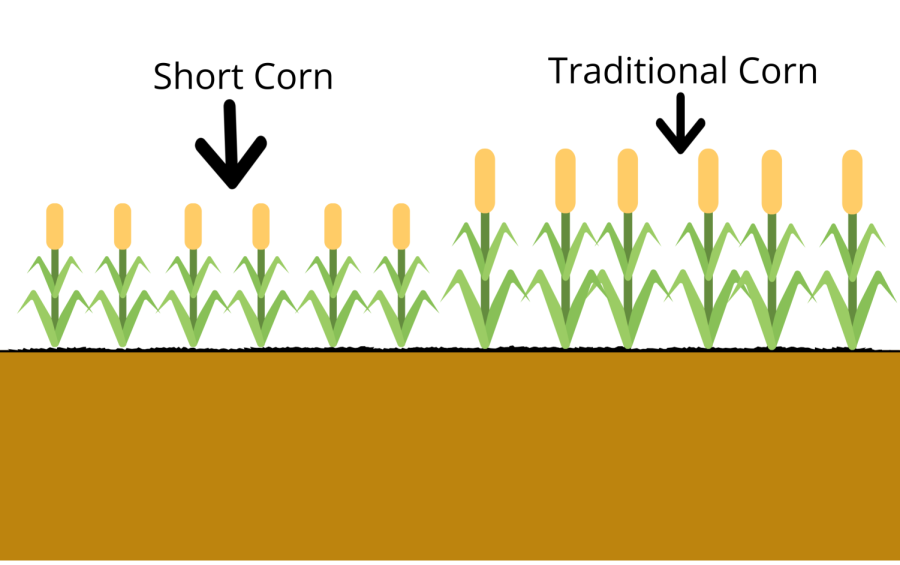GMO Foods: Are They A Necessity
Crops have been revolutionized in the last 30 years to change to resist pests and diseases and make the crops grow better. These changes to crops have obvious benefits to the crops like growing better and yielding more, but what we don’t know is the long term effects of consuming Genetically modified organisms (GMO’s) and also how they might affect the crops.
GMO’s were created in order to compensate for a growing population and increased appetites across the world. With the amount of people in the world, the traditional methods won’t cut it anymore. We need something to provide food for the exploding populations on earth.
A massive part of America’s economy and land involves farming and agriculture. For generations upon generations, farmers have grown crops to support their family, community, and other animals. Companies like Bayer have worked for years to modify crops and plants to become more favorable to higher yields. For example, Bayer has been working to make “Short Corn,” or genetically modified corn stalks to grow shorter in order to avoid being knocked over by wind gusts in the field, therefore surviving better and growing more corn per acre. According to the Corn Farmers Coalition: “Farmers today grow five times as much corn as they did in the 1930s – on 20 percent less land. (www.aei.com). This is beneficial to farmers and the environment because the land is able to be used more efficiently and they have less crop loss.
Another big project that Bayer has developed is “Roundup-Ready Soybeans.’’ These are soybean seeds that are already resistant to a pesticide called Glyphosate, or Roundup, so that a farmer can spray a field to kill all of the weeds without actually killing their crops. This creates higher yields and less weeds and unwanted plants in the field. These are just two examples of genetically modified crops that scientists and geneticists have been working on over the past years to improve crops.
In the current day, the GMO crops appear to be all good. They make farming more efficient and are in some cases cheaper. Farmers can get more bang for their buck while buying less chemicals and getting a higher yield. There are even some crazy GMO foods out there like Never-browning apples, and Cancer fighting tomatoes (Kansaslivingmagazine.com). But what is unknown is the long term effects of these foods. In the relative span of things, they have not been around for very long. We don’t know the long term effects of eating them or of eating animals who eat them. We are changing crops that have been around for a long time and have been proved to have worked being grown the traditional way. That being said, there is a rigorous process to get these GMO crops on the market. It takes scientists over 10 years from initial planning to being on the market to get these approved through tests and trials. So while the testing provides some comfort, we still don’t know the 50, or 100 year effects.
In general, GMO’s are a good thing. They allow farmers to grow more crops per acre, and use less chemicals in the process. It even allows us to have some fun foods that we never thought possible. They provide a solution to the world’s growing population and increase in hunger. But what we don’t know is how these will affect our future. We are messing with food and DNA that has been around for centuries and changing the whole make-up of the food. So this begs the question to How far will scientists go with these crops, and what will our diet look like in the coming decades?




